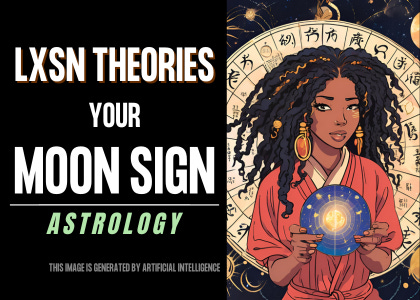The human experience is a journey of transformation, where our consciousness evolves by embracing activities that eventually redefine our lives. To grasp new possibilities, we have to let go of old habits, thoughts, and beliefs; sacrificing our "old life" to make way for the new.
The body itself mirrors this theme of transformation at the cellular level, undergoing continuous renewal as it replaces cells every 28-30 days. Just as neuroplasticity allows the brain to adapt, cell differentiation and renewal allow the body to maintain and transform itself. Each of our cells holds within it a genetic blueprint, but it’s not fixed; epigenetics shows that environmental factors can influence gene expression without altering our DNA. This flexibility demonstrates that while our genetic code remains the same, our responses to our environment can significantly change how our genes are expressed, effectively altering how we experience life.
In this way, epigenetic modification resembles a narrative that is constantly written and rewritten based on our environment. When we choose a new direction, we actively reprogram our cellular memory, altering our destiny by breaking inherited cycles and creating new ones that are truly our own.
Philosophically, the transformation of consciousness echoes the scientific mechanisms within us, urging us to rise to higher states of awareness. To evolve consciously, one must intentionally engage with the process of self-creation, becoming mindful of the narratives and values that shape our lives. This search for a "higher state" is to soul-search, where we seek meaning and purpose beyond surface experiences, aligning our lives with principles and ideals that resonate with us more deeply.
This alignment requires a conscious engagement with life—a deliberate effort to focus on values that we find meaningful. In doing so, we choose to reject patterns that no longer serve us, thereby "costing" us our old life. Our conscious mind plays a pivotal role in this transformation, selecting the narratives we choose to live by and applying them as we live out our experiences. This symbolizes the "Tower" card in tarot, a moment when old structures fall to make way for new growth, reflecting the profound internal shifts that are necessary to align with a new way of being.
Cell differentiation and epigenetic modification operate similarly to the cycles found in nature, such as the changing seasons. Like the cells in our bodies, which renew and adapt, nature itself moves through phases of growth, decay, and rebirth. This cyclical pattern is encoded into our biology as well, prompting us to release what no longer serves us and embrace new possibilities. Epigenetic marks do not permanently alter our DNA sequence but rather adjust gene activity, meaning that our cells "remember" past experiences yet remain flexible to change.
This "cellular memory" aligns with the philosophical idea of the self as a cumulative entity, formed by experiences yet always evolving. It gives us the unique opportunity to influence not only our health and mindset but also potentially the impact on our future generations by rewriting the legacy we pass on through our genetic code.
Through the lens of epigenetics, transformation becomes both a personal and ancestral journey, as we influence our biology in ways that transcend time. Our generational blueprint redefines our understanding of legacy, shifting it from a fixed inheritance to an adaptable legacy of choice and change. We inherit more than just genes; we inherit stories, traumas, and behaviors; which, thanks to epigenetics, are not necessarily deterministic but instead represent starting points. Each day, through our actions and mindset, we actively engage in shaping not only our future but the potentialities available to those who come after us.
Through philosophical reflection, we recognize the interconnectedness of all life experiences, where each moment builds upon the last, moving us closer to our higher self. As our cells renew and our brains rewire, our consciousness has the potential to rise above past limitations, driven by a philosophical commitment to personal growth. This connection of science and philosophy offers a holistic view of what it means to transform: our biology supports our spirit and our choices to reshape our physical and mental realities.
When we take an active role in shaping a life that reflects who we wish to become, we rewrite our story, constantly aligning with a future that is rich in purpose and free from the limitations of the past. The new life we cultivate is one of expanded awareness and enriched experience, rooted in the knowledge that our consciousness is not stagnant but is capable of continual renewal.
YOUR MOON SIGN
In astrology, the Moon sign is viewed as an aspect of our emotional landscape. It is our emotional navigation operator, guiding us through the complexities of our human experience. Our moon placement…





